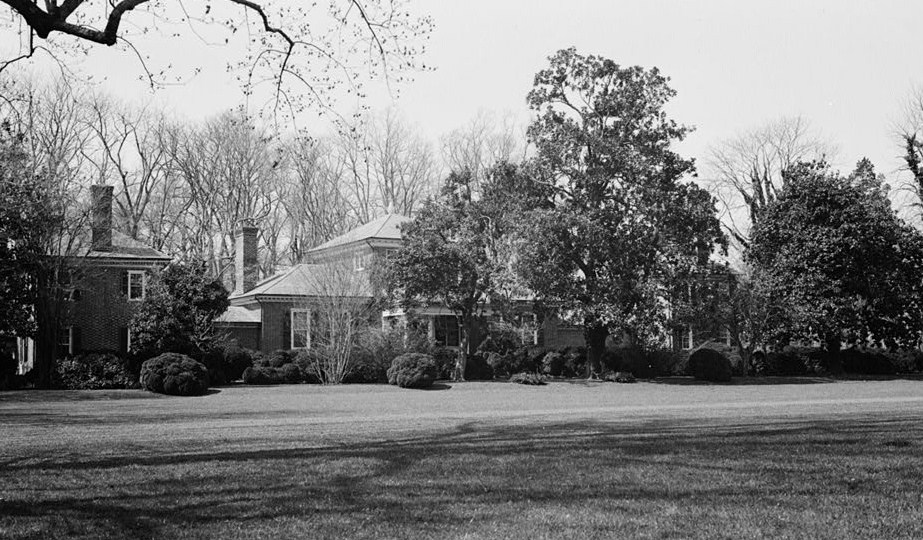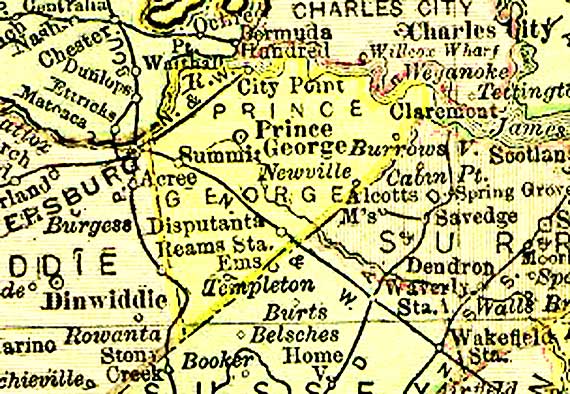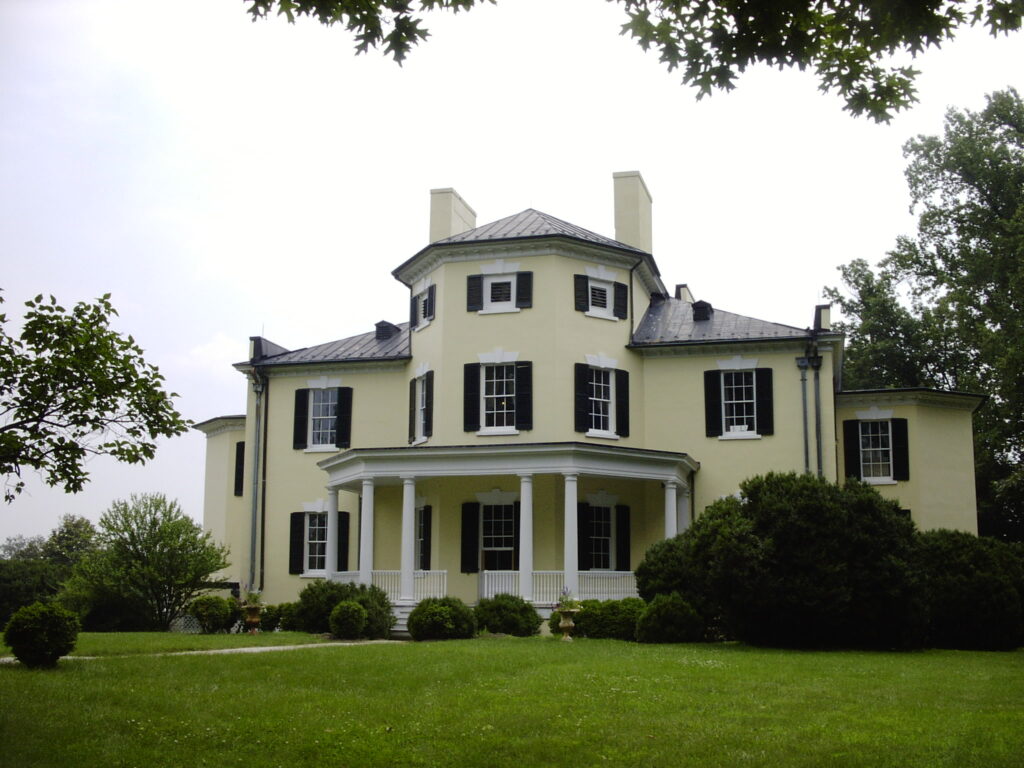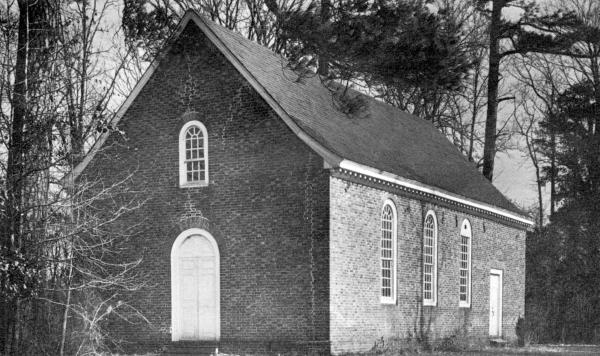Prince George County Genealogy, Wills, Estates, Probate Records

Digital Images of Wills and Estates 1713 to 1728
Anderson, John | Anderson, Peter | Batte, Henry | Bilbro, Thomas, estate | Bolling, Drury, Capt., estate | Braine, John | Bridges, Timothy, estate | Brooks, George, estate | Chambliss, Elizabeth deed from Thomas Taylor | Clifton, Thomas | Clifton, Thomas, inventory | Clifton estate | Connell, Timothy | Crawley, David | Cray, Thomas | Davis, Christopher, estate | Duke, Henry, Capt., estate | Epes, William Sr. | Epess, William, Sr., estate | Fauquier, Francis | Goodrich, Charles | Goodrich, Charles, estate | Goodrich, Edward, estate | Goodrich, Margaret | Griffith, Elizabeth | Griffith, Thomas | Grigg, William | Grigg, William, inventory | Hamlin, John | Hamlin, John, estate | Hamlin, John, estate continued | Hardyman, Fitt | Hardyman, Littlebury, estate | Harrison, Thomas, estate | Harrowell, John, land patent | Hooper, Thomas, estate | Ingram, Richard, estate | Jackson, William | Jackson, William, inventory | Johnson, Edward | Johnson, Edward, inventory | Jones, Abraham | Jones, James | Jones, Mary | Jones, Peter | Jones, Robert Jr. | Jones, Robert Jr., inventory | Kirkland, Richard, inventory | Lee, John, estate | Lewis, Thomas | MacKenny, Morgan | Maylor, Simon, estate | Maynard, Henry, inventory | Mobberly, Edward | Moore, Richard | Moore, Richard, inventory | Mosby, Joseph | Mosby, Joseph, inventory | Naylor, Simon, estate | Newman, Richard | Newman, Richard, estate | Nodan, Charles | Norden, Robert, estate | Pettypool, William | Poythress, John, estate | Smith, John, estate | Smith, Richard | Smith, Richard, estate | Stafford, Cuthbert, estate | Taylor, Elizabeth | Thomas, John, inventory | Tidmarsh, Richard | Tidmarsh, Richard, estate | Tucker, John, inventory | Tucker, Thomas, estate | Vandivan, John | Williams, John, inventory | Womack, John | Wyatt, Edward Sr. | Wyatt, Edward, inventory | Wyatt, Edward, Captain, estate | Wynne, Francis
Digital Images of Wills 1759 to 1760
Binford, William, estate
Birchett, Robert
Carter, Joseph
Chambliss, William
Chambliss, William (2) Chambliss, William, inventory
Gary, Thomas
Leath, Peter, inventory
Lee, Samuel
Lee, Samuel, inventory
Smith, Sarah
Tatum, Robert
Tatum, Robert, inventory
Woodleif, Edward
Woodleif, Edward, inventory
Miscellaneous Wills and Estates
Avery, Billy, LWT (abstract from burned records; Bland, Theodrick, Colonel, LWT, transcript; Jones, Peter, LWT (transcript)
Taylor Family History
Images of Deeds, Wills, Bonds, Inventories
- 1787-1792 – Names not listed due to lack of space
Marriages
- Prince George County Marriages – St. Paul’s Parish Register 1715 to 1728
- Prince George County Births – St. Paul’s Parish Register 1715 to 1728
- Prince George County Deaths – St. Paul’s Parish Register 1715 to 1728
Miscellaneous
- 1704 Quit Rent Rolls
Traced genealogies and family histories of Prince George County available to Members !
| Duke | Heath | Jones | Wood |


